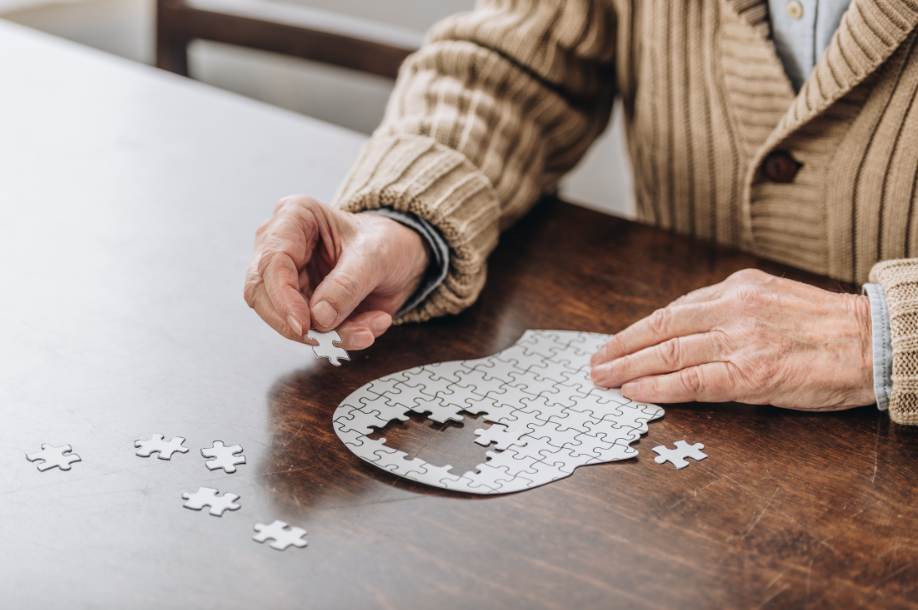End-of-Life Hospice Care
Our caregivers provide bedside assistance, comfort, and respite for families during hospice care or end-of-life journeys, helping you make the most of precious time together.
What is Hospice Care?
In these most delicate moments, as your loved one faces a serious or terminal illness, our End‑of‑Life Hospice Support service provides an extra layer of comfort and compassionate care. We collaborate closely with hospice and palliative teams to ensure daily needs and personal comfort are fully met.
PCM caregivers deliver gentle companionship, assist with repositioning and personal hygiene, offer sips of water or light meals, and monitor comfort levels—so your family can focus on cherished time together rather than caregiving tasks.
We’re also here for your family, providing expert guidance, a caring presence, and the opportunity to rest, secure in the knowledge that someone compassionate is by your loved one’s side.
Care Plans Include
- Bathing & personal hygiene assistance
- Toileting & continence care
- Mobility support & safe transfers
- Dressing & grooming assistance
- Eating & feeding assistance
- Medication reminders & documentation
- Meal planning, preparation & grocery support
- Home safety & fall-risk assessments
- Light housekeeping & laundry tasks
- Transportation & errands
- Purposeful social engagement & companionship
- Emotional support & family communication
- Custom tasks, matched to individual needs
Request Information
The Perfect Care Match Difference
-
Holistic Intake & Assessment:
In-depth evaluation of nutrition, mobility, cognitive function, and mental wellness to craft a fully personalized care blueprint. -
Perfect Care Match Program:
Personality-tested caregivers matched for optimal client compatibility, ensuring trust, shared values, and lasting rapport. -
Continuous Wellness Partnership:
Regular family consultations, complimentary expert-led holistic workshops, and proactive plan adjustments to support evolving health goals. -
Real-Time Care Communication:
Secure access to care updates, schedules, and direct messaging with your care team via our client portal and mobile app, plus dedicated 24/7 phone support.
Related Articles:

Alzheimer’s Disease
vs. Dementia: Understanding the Difference and How Home Care Helps
Cognitive decline is not a normal part of aging—but it is a central feature of dementia. Alzheimer's disease (AD) is the most common form of dementia, accounting for 60–80% of cases. While diagnoses are important, managing daily life and quality of care often matters most.
READ MORE>

What does an in-home personal care attendant do for older adults?
Non-medical in-home support empowers seniors to stay safely in their own homes by reducing falls and infections, ensuring nutrition and hydration, inspecting for skin injuries, and providing vital companionship.
READ MORE>

Long-Term Care Insurance: What Families Need to Know About Home Care Coverage
Long-term care (LTC) insurance helps families afford essential services like in-home care, assisted living, or nursing home support—but the paperwork can be overwhelming. Professional administrative assistance can ensure coverage is activated, claims are processed promptly, and unexpected out-of-pocket expenses are avoided.
READ MORE>

